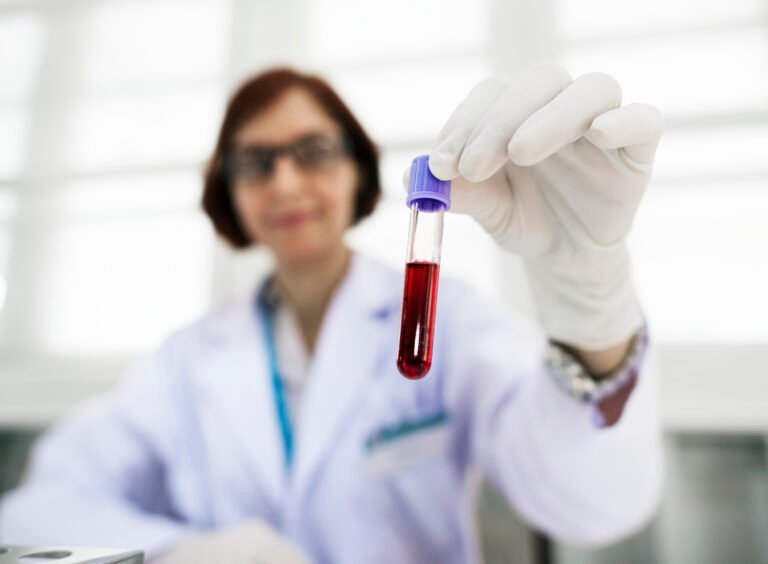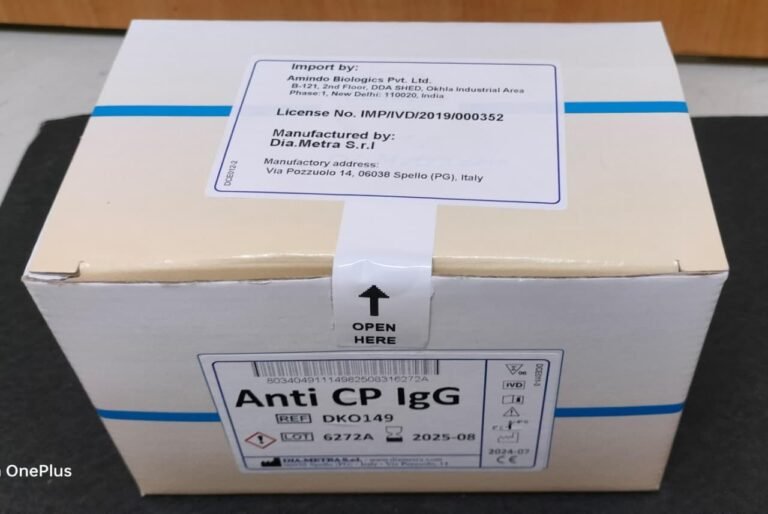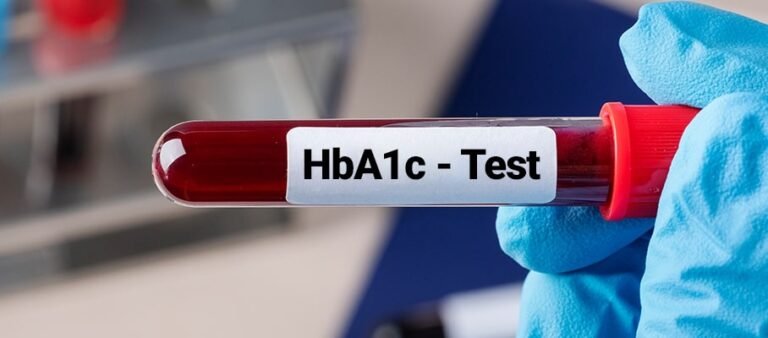Autoimmune Diseases and Thrombosis: Understanding the Complex Link
Autoimmune diseases and thrombosis are two distinct medical conditions, each with its own set of complexities and potential complications. However, emerging research has shed light on the intricate link between these two seemingly unrelated health issues. Understanding this connection is crucial for early detection, improved treatment strategies, and better patient outcomes.
What Are Autoimmune Diseases?
Autoimmune diseases occur when the body’s immune system mistakenly attacks healthy cells and tissues, causing inflammation and damage. Instead of protecting the body from harmful invaders like bacteria and viruses, the immune system turns against its own tissues, resulting in a range of conditions. There are more than 80 different types of autoimmune diseases, including rheumatoid arthritis, lupus, multiple sclerosis, and type 1 diabetes.
The Role of Thrombosis in Autoimmune Diseases
Thrombosis is the formation of blood clots within blood vessels, obstructing normal blood flow. It is a natural process that helps the body heal wounds and prevent excessive bleeding. However, in certain circumstances, this process can go awry, leading to harmful clot formation.
Several autoimmune diseases have been associated with an increased risk of thrombosis. The precise mechanisms underlying this connection are not yet fully understood, but researchers believe that chronic inflammation and immune system dysregulation plays a significant role.
Autoimmune Diseases and Thrombosis: The Key Players
Inflammation: In autoimmune diseases, persistent inflammation can damage blood vessel’s inner lining, creating a pro-thrombotic environment. Additionally, certain inflammatory molecules can activate the clotting cascade, further promoting thrombosis.
Antiphospholipid Antibodies: Some autoimmune diseases, such as antiphospholipid antibody syndrome, trigger the production of antiphospholipid antibodies. These antibodies interfere with normal blood clotting regulation, increasing the likelihood of abnormal clot formation.
Platelet Activation: Platelets are small cell fragments in the blood that play a crucial role in clotting. In autoimmune diseases, platelets can become hyperactive, leading to increased clot formation.
Endothelial Dysfunction: Autoimmune diseases can cause dysfunction in the endothelium, the inner lining of blood vessels. This dysfunction disrupts the balance between pro-clotting and anticoagulant factors, predisposing individuals to thrombosis.
Common Autoimmune Diseases Associated with Thrombosis
Systemic Lupus Erythematosus (SLE): SLE is a chronic autoimmune disease that affects various organs and tissues. Individuals with SLE have a significantly higher risk of developing blood clots, which can occur in both arteries and veins.
Rheumatoid Arthritis (RA): RA is an autoimmune disorder primarily affecting the joints. People with RA also have an increased risk of developing cardiovascular complications, including thrombosis.
Antiphospholipid Antibody Syndrome (APS): This is a rare autoimmune disorder characterized by the presence of antiphospholipid antibodies. APS leads to an increased risk of blood clots in veins and arteries, as well as recurrent miscarriages in pregnant women.
Managing Thrombosis in Autoimmune Diseases
Early detection and timely management of thrombosis in individuals with autoimmune diseases are critical. Treatment options may include anticoagulant medications to prevent and dissolve blood clots, and immunosuppressive drugs to control the underlying autoimmune condition and reduce inflammation.
Additionally, lifestyle modifications such as regular exercise, a balanced diet, and avoiding smoking are essential for reducing thrombotic risk.
Conclusion
The link between autoimmune diseases and thrombosis highlights the complexity of the human immune system and its interactions with various bodily processes. Healthcare professionals must remain vigilant for signs of thrombosis in patients with autoimmune diseases, and patients should be educated about their increased risk. Further research into the underlying mechanisms of this association will pave the way for better prevention and treatment strategies, ultimately improving the quality of life for those affected by both autoimmune diseases and thrombosis.







